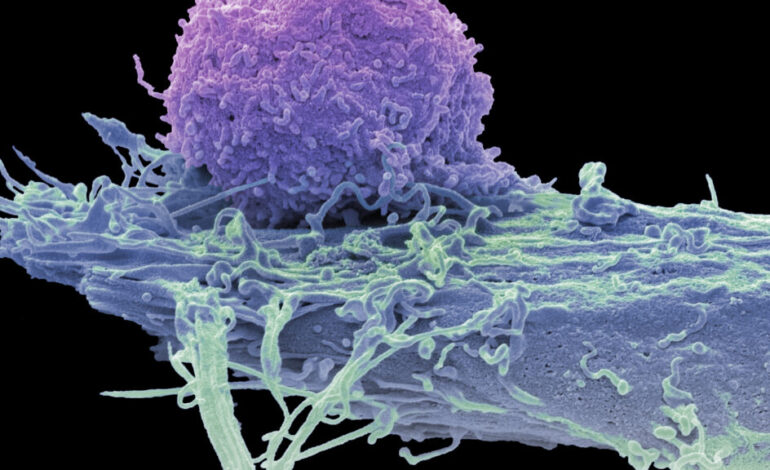CAR-T Therapies Show Promise in Treating Autoimmune Disorders

Experimental CAR-T therapies developed by Cabaletta Bio and Bristol Myers Squibb have demonstrated the potential to induce complete remissions in patients with a severe inflammatory muscle disease. Results from two clinical trials, which were presented this week, reveal that personalized cell therapies could offer curative solutions for individuals suffering from serious autoimmune disorders.
The data, while preliminary, highlight significant advancements in the treatment of conditions that currently require patients to manage multiple medications daily. According to Steven Nichtberger, CEO of Cabaletta, patients often rely on three to five different medications every day, leading to substantial health and financial burdens. He emphasized the transformative potential of a one-time CAR-T treatment, stating, “We’re showing we can eliminate all of those drugs, giving them the opportunity to no longer be patients. We are freeing them from their disease.”
Clinical Trial Findings
The trials involved a cohort of patients diagnosed with severe inflammatory muscle disease, a group that traditionally experiences limited treatment options. The CAR-T therapies in question work by genetically modifying a patient’s immune cells to specifically target and attack the underlying causes of their autoimmune disorder.
Preliminary findings indicate that these therapies have not only led to remission in some patients but also a marked reduction in the symptoms and reliance on conventional medication. This innovative approach builds on the success of CAR-T therapies that have already been established in the treatment of various blood cancers.
The implications of these results could be profound, particularly for patients whose conditions have not responded well to existing treatments. The potential to reduce or even eliminate the need for ongoing medication may significantly enhance their quality of life.
The Future of Personalized Medicine
As research progresses, the medical community is keenly observing the developments surrounding CAR-T therapies. The success of these trials could pave the way for broader applications of personalized cell therapies in treating other autoimmune disorders.
The cost-effectiveness of reducing the daily medication burden is also a critical factor. Patients currently face high health costs, and the prospect of a one-time treatment that could alleviate their need for ongoing drugs presents a compelling case for the adoption of such therapies in clinical practice.
While further studies and trials will be necessary to fully understand the long-term effects and safety of CAR-T therapies in autoimmune disorders, the initial results are encouraging. The potential to revolutionize treatment approaches for patients suffering from debilitating conditions is a significant step forward in the field of personalized medicine.
As the data continues to emerge, both Cabaletta Bio and Bristol Myers Squibb are positioned at the forefront of a promising new frontier in healthcare, one that could transform how autoimmune disorders are treated in the future.






